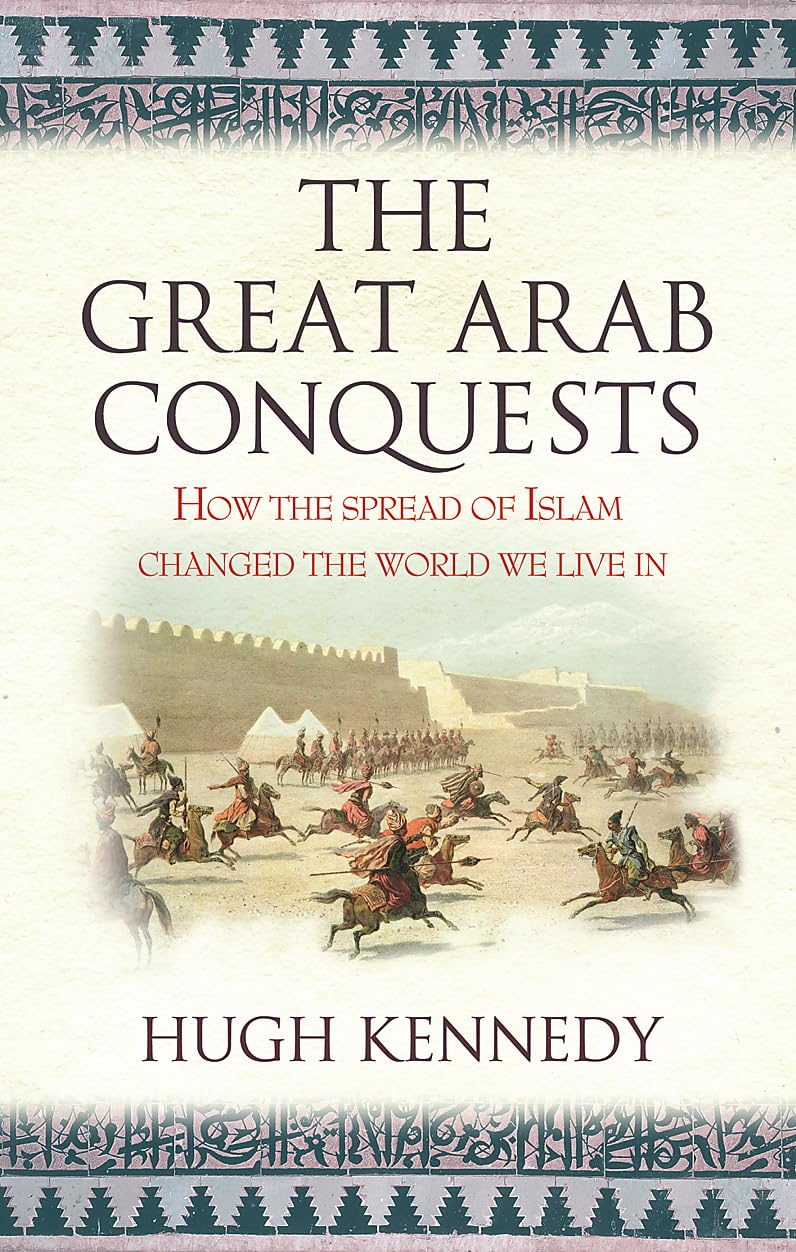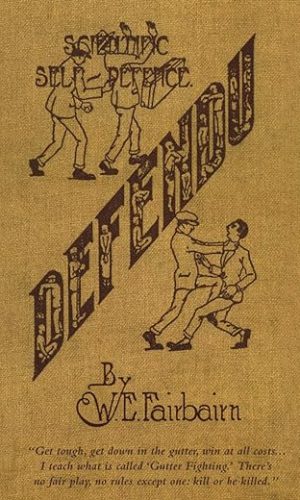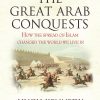The Great Arab Conquests: How the Spread of Islam Changed the World We Live In
£12.90£14.20 (-9%)
A popular history of the Arab invasions that carved out an empire from Spain to China
Today’s Arab world was created at breathtaking speed. Whereas the Roman Empire took over 200 years to reach its fullest extent, the Arab armies overran the whole Middle East, North Africa and Spain within a generation. They annihilated the thousand-year-old Persian Empire and reduced the Byzantine Empire to little more than a city-state based around Constantinople. Within a hundred years of the Prophet’s death, Muslim armies destroyed the Visigoth kingdom of Spain, and crossed the Pyrenees to occupy southern France.
This is the first popular English language account of this astonishing remaking of the political and religious map of the world. Hugh Kennedy’s sweeping narrative reveals how the Arab armies conquered almost everything in their path. One of the few academic historians with a genuine talent for story telling, he offers a compelling mix of larger-than-life characters, battles, treachery and the clash of civilizations.
Read more
Additional information
| Publisher | New Edition (16 April 2008), W&N |
|---|---|
| Language | English |
| Paperback | 448 pages |
| ISBN-10 | 0753823896 |
| ISBN-13 | 978-0753823897 |
| Dimensions | 13.4 x 4 x 21.4 cm |










by jonny a
the right amount of context, the right amount of narrative. given the breadth of the subject covered, it strikes the right tone and is never dull.
by Paul
This is worth reading to try and understand how a motley group of nomads managed to defeat two great Empires (Persian and Byzantine). Its just a pity that the written sources are so thin so we have to rely on the conqueror’s accounts wheich were often written decades after the event. Mr Kennedy is careful to point this out, however.
by GIEL
This is a very clear explanation of the rise of Islam. The book explains how the Islamic Arabs conquered a large part of the world. It also offers reasons for their success.
by Raza
A very good read. I would recommend this book to anyone who loves history
by Tzefar
The author is a very well versed and intelligent man, the conquests are put up in chapters with each area specifically but it’s not just battles but it also explains how the arab armies rather than the mongols didn’t become assimilated
by Mic Le Critique
To a non academic reader on the foundation of the Islamic empire this book tends to reflect what is known as the ‘Traditional’ account that maintains that the Bedouin tribes in the Arabian Desert peninsular having adopted Islam went forth north to take on the Byzantium and Sassanid Empires and conquer most of the known world. Other sources suggest that it was the northern and eastern tribes in the more developed areas of the Fertile Crescent, modern day Syria, Lebanon, Palestine and Iraq that were the initiators. These boarder tribes were traditionally paid and armed to protect the two Empires boarders from raiders. After decades of conflict both empires withdrew leaving these tribes bereft of income which lead, out of necessity, to raiding parties seeking booty. Experiencing little resistance the door was open for greater incursion as the Byzantium and Sassanid empires continued to collapse. There is very little evidence that the affairs happening further south, in the Arabian Desert in and around Mecca and Medina, had any direct involvement with the emerging Arab conquests at the time of Mohammed’s lifetime. It is also argued that Islam only became an established religion during the Umayyad caliphate in Damascus, when a distinct alternative to the established Judo/Christianity of the new emerging Arab empire sought its own unique and Arab alternative. Very little can truthfully be established about the Arab conquests but it is clear that the rise of the Arab empire and the establishment of Islam are two separate developments both somewhat reliant on the oral tradition of history known as Chinese Whispers.
by Kenneth Brown
A pretty bloodless version of events. The author does mention killing occasionally, but doesn’t seem to want to mention that the Arabs/Muslims slaughtered (and enslaved) their way to a massive oppressive Empire.
by Spartan
After reading this book you will truly appreciate the way in which the Islamic empire expanded. Hugh Kennedy is a brilliant writer and this book reflects this. He gives great detail with every individual conquest and vividly brings them life. I would recommend that before reading, you do some research on the state of the Islamic Empire under Caliph Umar & the various commanders that worked under him as I found that this got me a lot more engaged in the book.